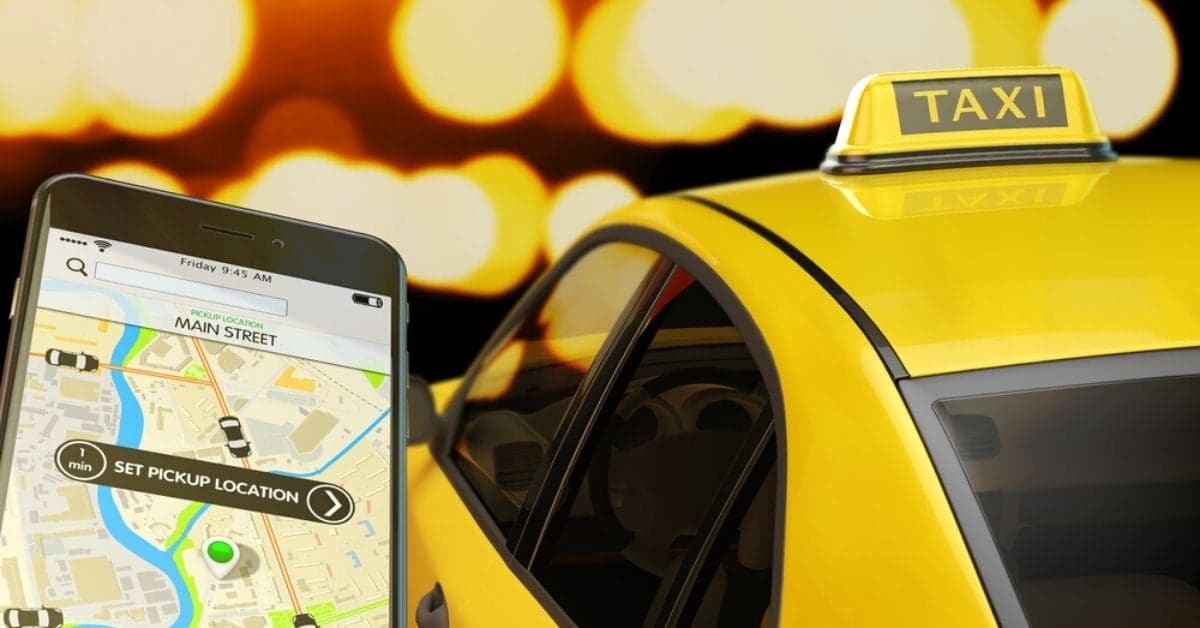 Image Source : lnc42
Image Source : lnc42
In a sweeping regulatory update, the Ministry of Road Transport and Highways has issued the Motor Vehicle Aggregator Guidelines (MVAG) 2025, granting ride-hailing platforms like Ola, Uber, Rapido, and inDrive permission to charge up to twice the base fare during peak hours. The move aims to balance driver incentives, passenger safety, and operational transparency while formalising long-contested practices like bike taxi services.
Here’s a detailed breakdown of the new framework and its implications for commuters, drivers, and aggregators.
Fare Structure and Peak Hour Pricing
• Aggregators can now charge up to 2x the base fare during peak hours, up from the previous cap of 1.5x
• During non-peak hours, fares must not fall below 50 percent of the base fare
• The base fare is defined by state governments and typically covers a minimum of three kilometres to account for dead mileage
• Where states haven’t set base fares, aggregators must notify the state with their proposed rates—currently around Rs 20–21/km in Delhi and Mumbai, and Rs 18/km in Pune
Cancellation Penalties and Fare Sharing
• A 10 percent penalty (capped at Rs 100) will apply to drivers or passengers who cancel rides without valid reasons
• Cancellation fees will be split between the driver and aggregator based on fare-sharing norms
• Drivers using their own vehicles must receive at least 80 percent of the fare, while those using aggregator-owned vehicles must get a minimum of 60 percent
Insurance and Safety Mandates
• Aggregators must provide drivers with health insurance of Rs 5 lakh and term insurance of Rs 10 lakh
• Passenger insurance of Rs 5 lakh is also mandatory
• All vehicles must be equipped with Vehicle Location and Tracking Devices (VLTDs) linked to both the aggregator and state command centres
• Drivers in the bottom 5 percent of ratings must undergo quarterly refresher training or face removal from the platform
Legalisation of Bike Taxis
• The guidelines permit the use of non-transport (private) motorcycles for passenger rides, subject to state approval
• This brings long-awaited regulatory clarity to bike taxi operators like Rapido and Uber, especially in states like Karnataka where legal ambiguity had led to bans and protests
Implementation Timeline and Industry Response
• States have three months to adopt the MVAG 2025 guidelines and may add further provisions
• Industry players have welcomed the move, with Uber calling it a step toward innovation and predictability, and Rapido hailing it as a milestone for affordable last-mile connectivity
As the new rules take effect, India’s ride-hailing landscape is set for a recalibration—where surge pricing, insurance coverage, and legal clarity converge to redefine urban mobility.
Sources: CNBC-TV18, Moneycontrol, Outlook Business
Advertisement
Advertisement


